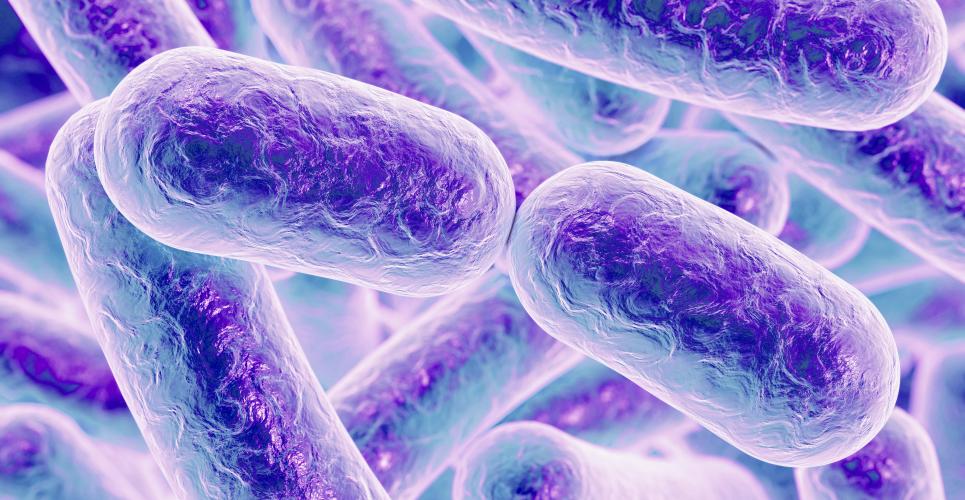A study, by researchers at Queen’s University Belfast, analysed a large cohort of over 469,000 people in the UK, and investigated the association between oral health conditions and the risk of a number of gastrointestinal cancers, including liver, colon, rectum and pancreatic cancer.1
Models were applied to estimate the relationship between cancer risk and self-reported oral health conditions, such as painful or bleeding gums, mouth ulcers and loose teeth.
Whilst no significant associations were observed on the risk of the majority gastrointestinal cancers and poor oral health, a substantial link was found for hepatobiliary cancer.
“Poor oral health has been associated with the risk of several chronic diseases, such as heart disease, stroke and diabetes“, explained Dr Haydée WT Jordão, from the Centre of Public Health at Queen’s University Belfast and lead author of the study. “However, there is inconsistent evidence on the association between poor oral health and specific types of gastrointestinal cancers, which is what our research aimed to examine.”
Of the 469,628 participants, 4069 developed gastrointestinal cancer during the (average) six-year follow up. In 13% of these cases, patients reported poor oral health. Participants with poor oral health were more likely to be younger, female, living in deprived socioeconomic areas and consumed less than two portions of fruit and vegetables per day.
The biological mechanisms by which poor oral health may be more strongly associated with liver cancer, rather than other digestive cancers, is currently uncertain. One explanation is the potential role of the oral and gut microbiome in disease development. “The liver contributes to the elimination of bacteria from the human body“, stated Dr Haydée WT Jordão. “When the liver is affected by diseases, such as hepatitis, cirrhosis or cancer, its function will decline and bacteria will survive for longer and therefore have the potential to cause more harm. One bacteria, Fusobacterium nucleatum, originates in the oral cavity but its role in liver cancer is unclear. Further studies investigating the microbiome and liver cancer are therefore warranted.”
Reference
- Jordão H et al. The association between self-reported poor oral health and gastrointestinal cancer risk in the UK Biobank: A large prospective cohort study. UEG J 2019; 8 June

